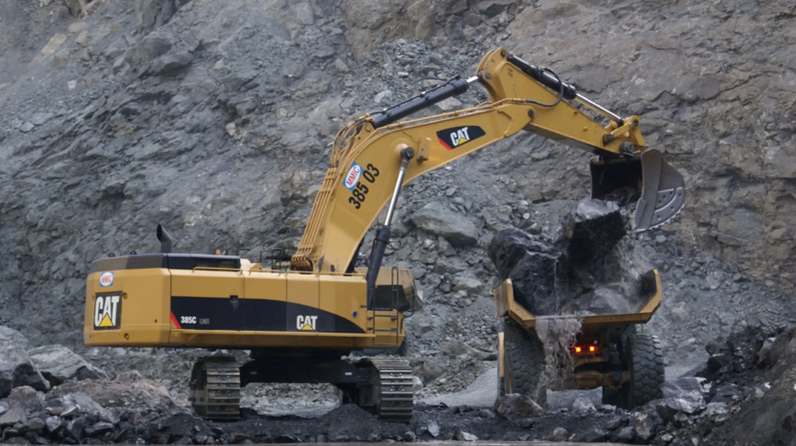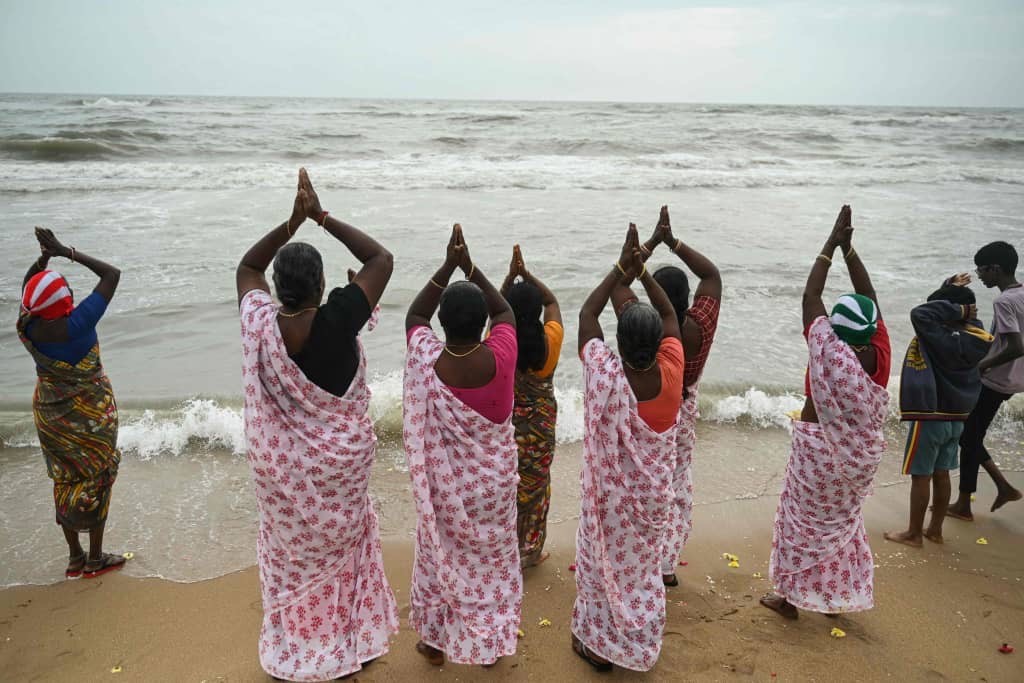Barloworld lifted its interim dividend 5% to 210 cents a share, notwithstanding an 8% decline in headline earnings per share to 532.2c due to lower mining activity and port issues.
“Our results bear testament to the resilience of our businesses and the benefit of geographic diversification of the overall portfolio.” Barloworld Group CEO Dominic Sewela said in regard to the results for the six months to March 31.
The share price fell 2.3% to R87.99 by late yesterday afternoon on the JSE, but the price is still 36% higher over 12 months. The dividend was in line with 2.5 to 3 times normalised headline earnings.
Sewela said they had faced myriad challenges in South Africa, but the Mongolian business benefited from favourable tailwinds in its economy.
A slowdown in local mining activity had been expected, but South Africa’s rail and port bottlenecks and the resultant parking of large equipment by its major mining customers had created additional pressures on the performance of the South African equipment business, he said.
Earnings before interest tax depreciation and amortisation (EBITDA) fell 8% to R2.5bn. The EBITDA margin was maintained at 12.9%.
Operating profit from core trading activities at R1.9bn decreased by 12%.
Net asset value per share increased by 9% to 9 111c per share.
“Our South African operations have had to contend with the constrained local macroeconomic environment, with inflationary cost pressures as well as the relatively higher borrowing costs affecting both businesses and households.”
Revenue fell 8% to R19.2bn, driven by a 10% decrease in Equipment Southern Africa, a 3% decrease in Ingrain, while Equipment Eurasia’s performance was largely supported by a 43% growth in revenue from Barloworld Mongolia.
Sewela said they continued to allocate capital to projects that yielded returns higher than the cost of capital, thereafter paying down debt and distributing cash to shareholders to maximise shareholder value. Some R3.3bn of debt was repaid in the first half, resulting in a 31% reduction in debt.
Equipment Southern Africa’s revenue decline was driven by lower machine sales revenue, which fell 25%. This was partially offset by a 6.7% increase in parts sales. Operating profit from trading activities ended 8% lower at R1.1bn, mainly as a result of input cost pressures, rand weakness and the mining activity slowdown.
Equipment Eurasia’s revenue fell 1% to R3.9bn due to a 24% decrease in Vostochnaya Technica’s (VT) revenue, offset by 43% growth in Barloworld Mongolia’s revenue.
The division generated R815m in operating profit from core trading activities, a 19.1% increase when compared to the prior period.
Ingrain’s revenue decreased 3.3% to R3.2bn due to a 4.6% decrease in volumes, partially offset by average price increases of 1.4%. Operating profit from core trading activities of R234m had declined by 29.6%.
Ingrain had been restructured and a lower cost base, internal efficiencies and better resource allocation were anticipated going forward.
Sewela said their Fix, Optimise and Grow strategy remained relevant as Barloworld continued to use its strategic levers to optimise its businesses.
He said they expected the challenging macroeconomic environment to linger for the remainder of the 2024 financial year.
There was risk of geopolitical conflict-driven disruptions that could result in protracted global inflationary pressures and supply chain interruptions, he said.
Stay informed with The Namibian – your source for credible journalism. Get in-depth reporting and opinions for
only N$85 a month. Invest in journalism, invest in democracy –
Subscribe Now!







